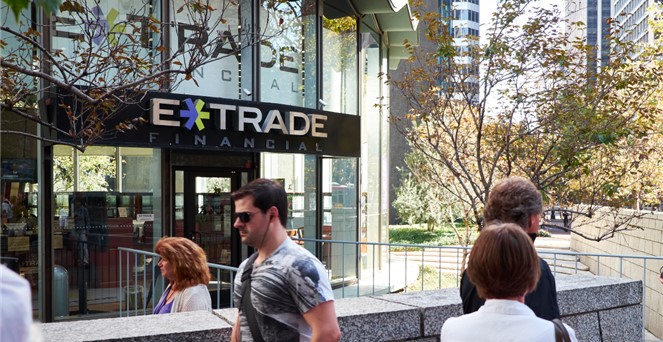
Gary Gensler Backs off on Payment-For-Order-Flow, But Promises Something More Comprehensive
The Securities and Exchange Commission (SEC) chairman has softened his harsh talk against the brokerage practice of payment-for-order-flow (PFOF). While securities brokers and investors in the industry breathed a sigh of relief with the news that the practice won’t be banned, firms like Robinhood (HOOD), Etrade (ETFC), and Charles Schwab (SCHW) may have something else to worry about.
About PFOF
There are harsh critics of the practice of PFOF, and there are strong advocates. Proponents of the model say it provides investors more liquidity, while those that oppose the practice question if retail traders are getting the best price.
In a nutshell, what this compensation system does is when investors place trades for stocks, ETFs, and options, the broker uses market makers to execute the order. To compete for price and execution, market makers in the securities offer rebates back to retail brokers. The rebates add to the broker’s profit, which is in part what allows for “free trades.” Additionally, the net cost per share to the investor is often still below most other methods readily available to them.
PFOF provides a significant revenue stream for retail brokers that offer zero-commission trading. Stocks of these brokerage firms have been under downward pressure with the uncertainty of whether the practice that is banned in other countries would be banned in the U.S. The news that it won’t be banned is seen as positive by those in the online broker industry.
New Direction for PFOF
After harping on the idea of banning PFOF, SEC officials (as reported by Bloomberg) have indicated that a ban is no longer being considered. That has been followed by their promise that other changes to the execution mechanism are on the way.
While the final SEC plans for payment-for-order-flow are not known, it is expected that they will allow these brokers to conduct business, and it is not expected to be more profitable for the brokers – most expect it to make it more difficult to maintain current earnings. The Commission is, if nothing else, expected to propose changes that could affect the complicated system of the rebates designed to increase market makers’ trading volume. Additionally, the regulator is weighing a plan to force brokers to disclose more about how much trading with them costs compared with benchmarks, a metric known as price improvement. The metric would allow customers to be able to compare one firm to another.
The SEC may also better clarify requirements for brokerages on what is “best execution” of stock transactions. The scope of the overhaul by the SEC remains to be seen.
The SEC is expected to introduce its plan in the coming months, according to Bloomberg. The plan is likely to make the system more transparent and more competitive and to include regulations lowering access fees that exchanges charge the brokers to execute trades.
Paul Hoffman Managing Editor, Channelchek
Sources
https://seekingalpha.com/article/4447377-how-does-robinhood-make-money?https://www.usfunds.com/resource/decision-to-switch-ethereum-to-proof-of-stake-may-have-been-based-on-misleading-energy-fud/?